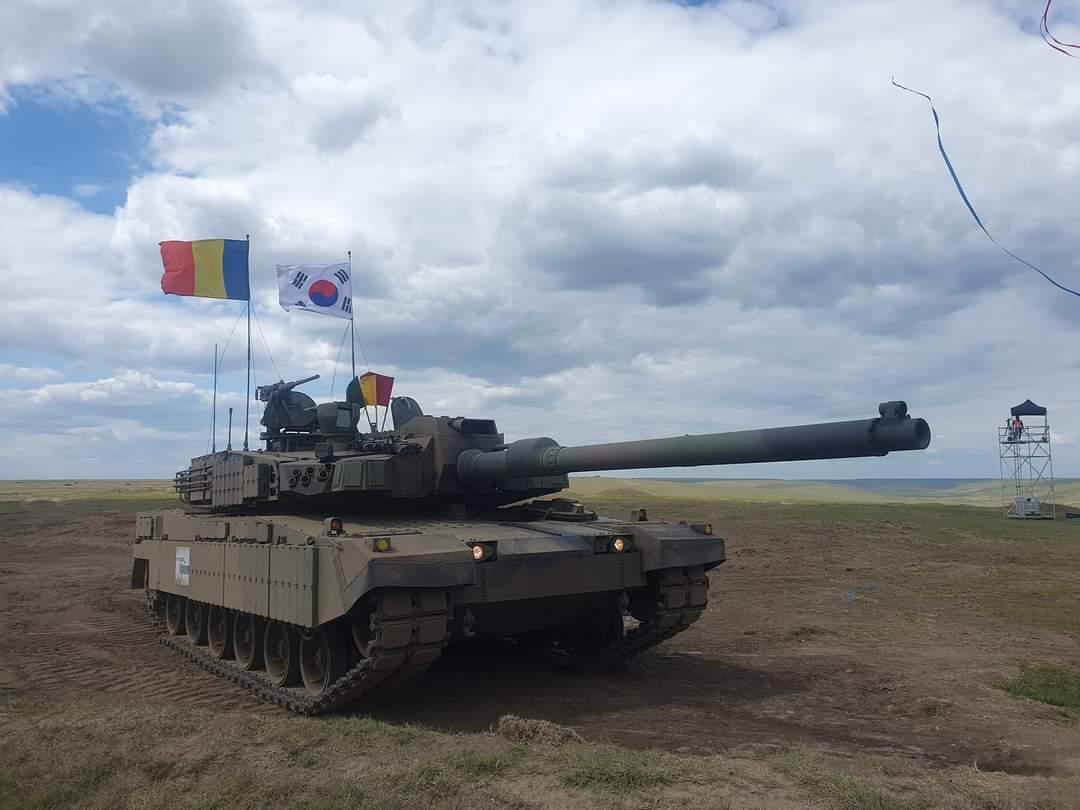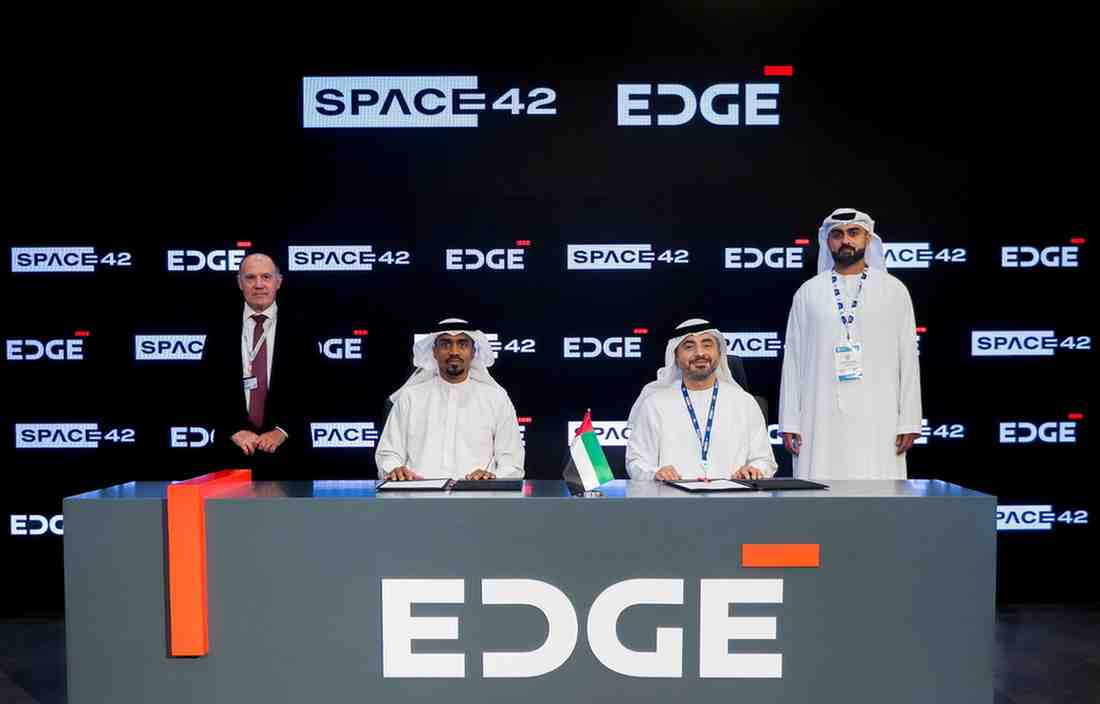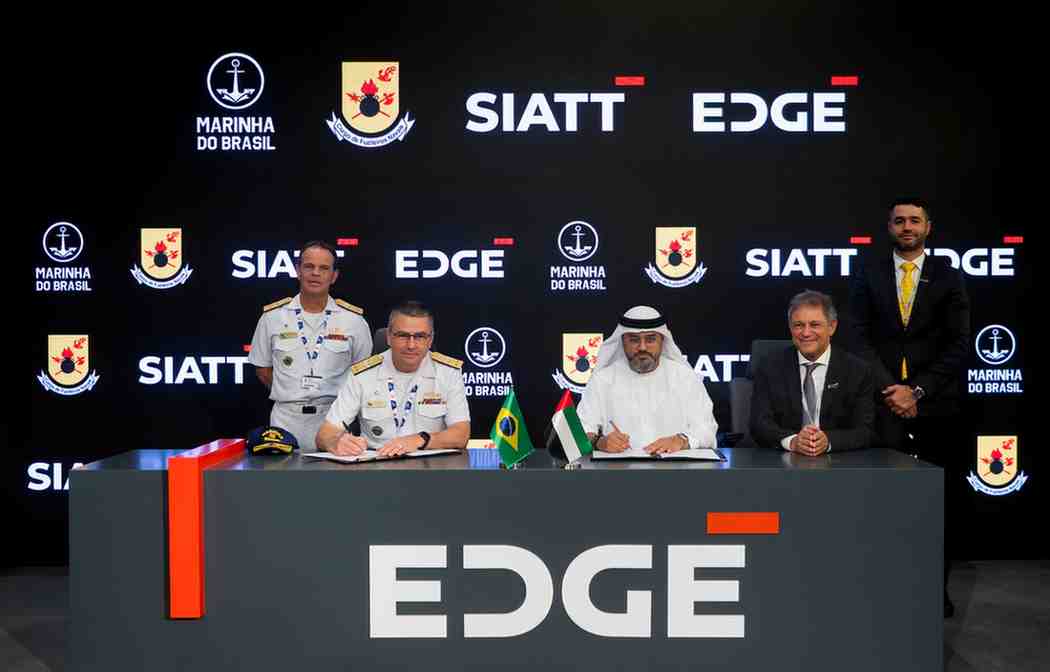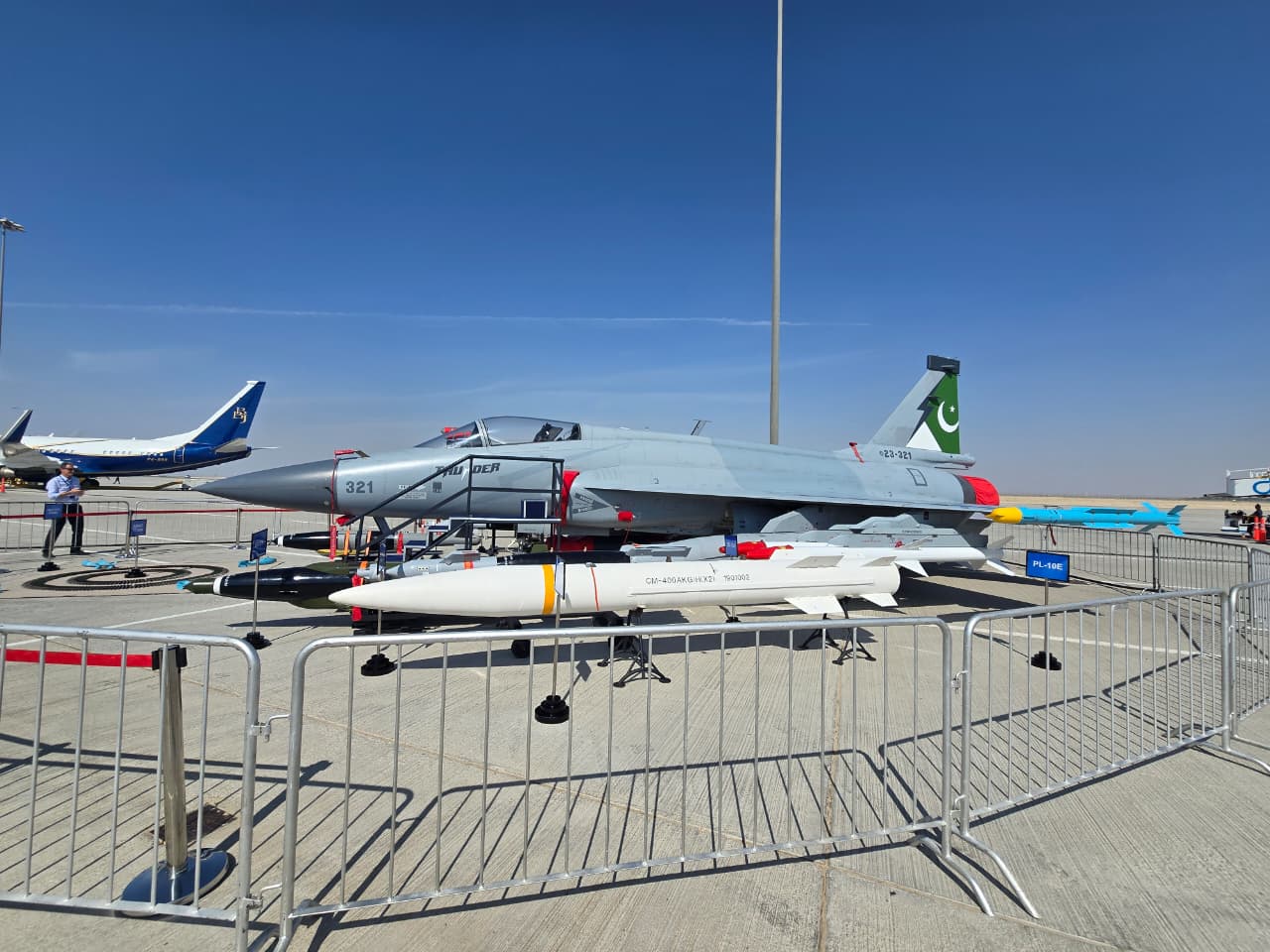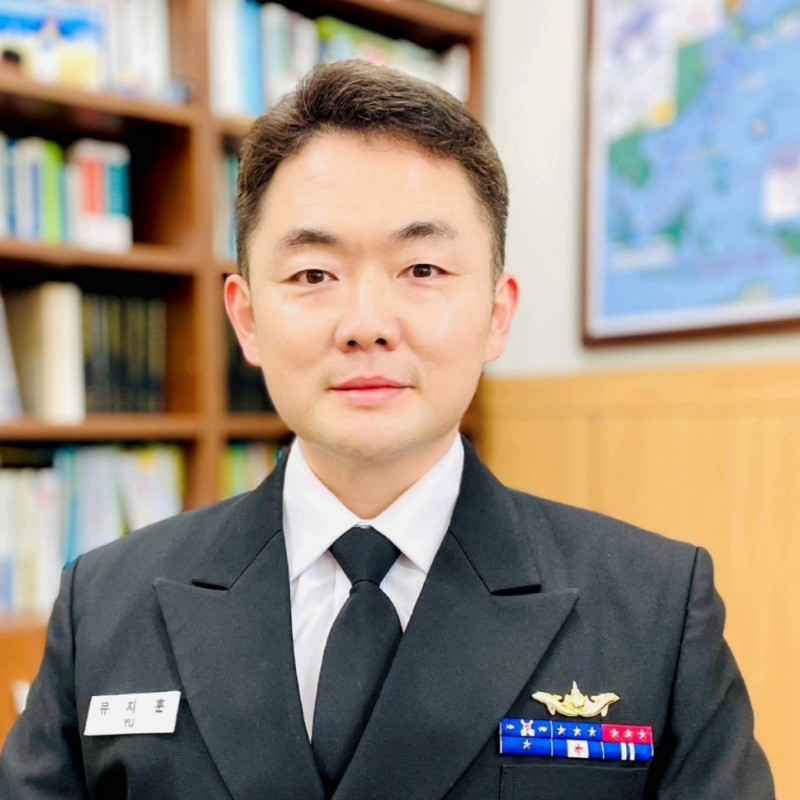In recent years, defense cooperation has become an increasingly vital aspect of diplomatic relations, with countries looking to partnerships to enhance military capabilities, ensure security, and foster technological innovation. One such significant collaboration is between South Korea and Romania. Although geographically distant, both nations hold strategically important positions in East Asia and Eastern Europe, respectively, and are navigating complex geopolitical landscapes marked by evolving security challenges. Strengthening defense ties between these two countries is not only mutually beneficial but also crucial for ensuring regional stability, enhancing global security, and advancing defense technology.
The political and strategic interests of South Korea and Romania align in significant ways. South Korea faces persistent tensions on the Korean Peninsula, particularly with North Korea, and thus prioritizes a robust defense industry while seeking partners that can provide complementary technologies and expertise. Romania, a NATO member, plays a critical role in Eastern European defense, especially in light of the growing influence of Russia in the region. Both countries are seeking to bolster their security, and the defense collaboration between them offers strategic advantages. For South Korea, Romania provides a foothold in Europe—a key advantage as South Korea navigates the increasingly complex European defense environment, especially in the context of the conflict in Ukraine. Romania, in turn, stands to gain from South Korea’s advanced military technologies, which can fill gaps in its own defense infrastructure. This collaboration has the potential to strengthen Romania’s role within NATO, enhancing its contribution to the collective defense posture of the alliance.
Beyond the political and strategic dimensions, economic and industrial drivers make this defense partnership particularly important. South Korea has developed one of the fastest-growing defense industries in the world, with exports tripling over the past decade. Known for producing advanced weapon systems, such as K2 tanks and K9 self-propelled howitzers, South Korea has positioned itself as a global leader in military technology. Collaborating with Romania offers South Korea a chance to expand its market reach into Europe while simultaneously strengthening its research, development, and manufacturing capabilities. Romania, on the other hand, is undergoing significant defense modernization, fueled by its commitment to increase defense spending in line with NATO’s 2% GDP target. The growing security threats in Eastern Europe, especially in light of Russian military posturing, have made it imperative for Romania to update its military capabilities.
South Korean defense firms are in a prime position to provide the advanced technologies Romania needs, especially in areas such as armored vehicles, radar systems, and naval defense. This partnership also presents an opportunity for both countries to foster joint ventures and industrial offsets. South Korean firms, like Hanwha Defense and Hyundai Rotem, have already expressed interest in co-production and technology transfer agreements with Romanian companies. Such collaborations would enhance Romania’s defense manufacturing capabilities while allowing South Korean companies to establish a more robust presence in Europe. Additionally, these joint ventures would not only deepen economic ties between the two nations but also foster the development of indigenous defense capabilities in Romania, contributing to job creation and technical expertise.
One of the most critical aspects of the South Korea-Romania defense partnership is the potential for technological innovation and transfer. South Korea is widely recognized for its advanced technological capabilities in areas like missile defense, cyber warfare, and unmanned systems. By partnering with South Korea, Romania gains access to these cutting-edge technologies, which can be integrated into its defense infrastructure to address both conventional and hybrid threats. For example, cyber threats have become an increasingly significant concern for Romania, particularly in light of sophisticated cyber-attacks originating from Eastern Europe. South Korea’s expertise in cybersecurity offers Romania a valuable resource in bolstering its defenses against these threats. Furthermore, electronic warfare technologies, another area of strength for South Korea, could significantly improve Romania’s military readiness.
In addition to cybersecurity and electronic warfare, the partnership offers opportunities for innovation through joint research and development programs. These programs could see the co-development of next-generation technologies such as AI-based defense systems, autonomous drones, and advanced missile systems. Such collaboration would not only enhance the military capabilities of both nations but also position them as leaders in the rapidly evolving global defense innovation landscape.
The broader implications of this defense cooperation extend beyond the immediate benefits for South Korea and Romania. As global security threats evolve, with challenges like the ongoing conflict in Ukraine, North Korean missile development, and the rise of cyber warfare, partnerships like the one between South Korea and Romania serve as stabilizing forces. Romania’s strengthened defense ties with South Korea indirectly benefit NATO by bolstering its Eastern Flank. The acquisition of advanced military technologies from South Korea enables Romania to contribute more effectively to NATO’s collective defense, enhancing deterrence against potential threats from Russia. Additionally, Romania could serve as a bridge between South Korea and NATO, facilitating deeper cooperation between South Korea and other NATO member states, particularly in areas like missile defense and cybersecurity.
For South Korea, this partnership is a strategic move that extends its defense diplomacy beyond the Asia-Pacific region. By collaborating with Romania, South Korea positions itself as a key player in global defense initiatives and expands its defense export market. This reduces its dependence on traditional partners like the United States and furthers South Korea’s ambition to become a global leader in defense technology.
The defense industry cooperation between South Korea and Romania is a vital element of their bilateral relationship, with significant political, economic, and strategic benefits. The partnership not only enhances the military capabilities of both nations but also contributes to regional and global security. Through the exchange of advanced technologies, the development of joint ventures, and the strengthening of defense industrial capacities, South Korea and Romania are set to play an increasingly prominent role in addressing the security challenges of the 21st century. As global threats continue to evolve, the importance of strategic defense partnerships like this one cannot be overstated.

Jihoon Yu
Jihoon Yu is the director of external cooperation and associate research fellow at the Korea Institute for Defense Analyses. Jihoon was the member of Task Force for South Korea’s light aircraft carrier project and Jangbogo-III submarine project. He is the main author of the ROK Navy’s Navy Vision 2045. His area of expertise includes the ROK-U.S. alliance, the ROK-Europe security cooperation, inter-Korean relations, national security, maritime security, hybrid-threats, and strategic weapons systems. He earned his MA in National Security Affairs from the U.S. Naval Postgraduate School and Ph.D. in Political Science from Syracuse University.
- Jihoon Yu#molongui-disabled-link
- Jihoon Yu#molongui-disabled-link
- Jihoon Yu#molongui-disabled-link
- Jihoon Yu#molongui-disabled-link


